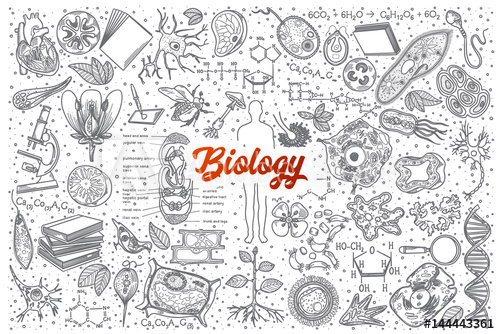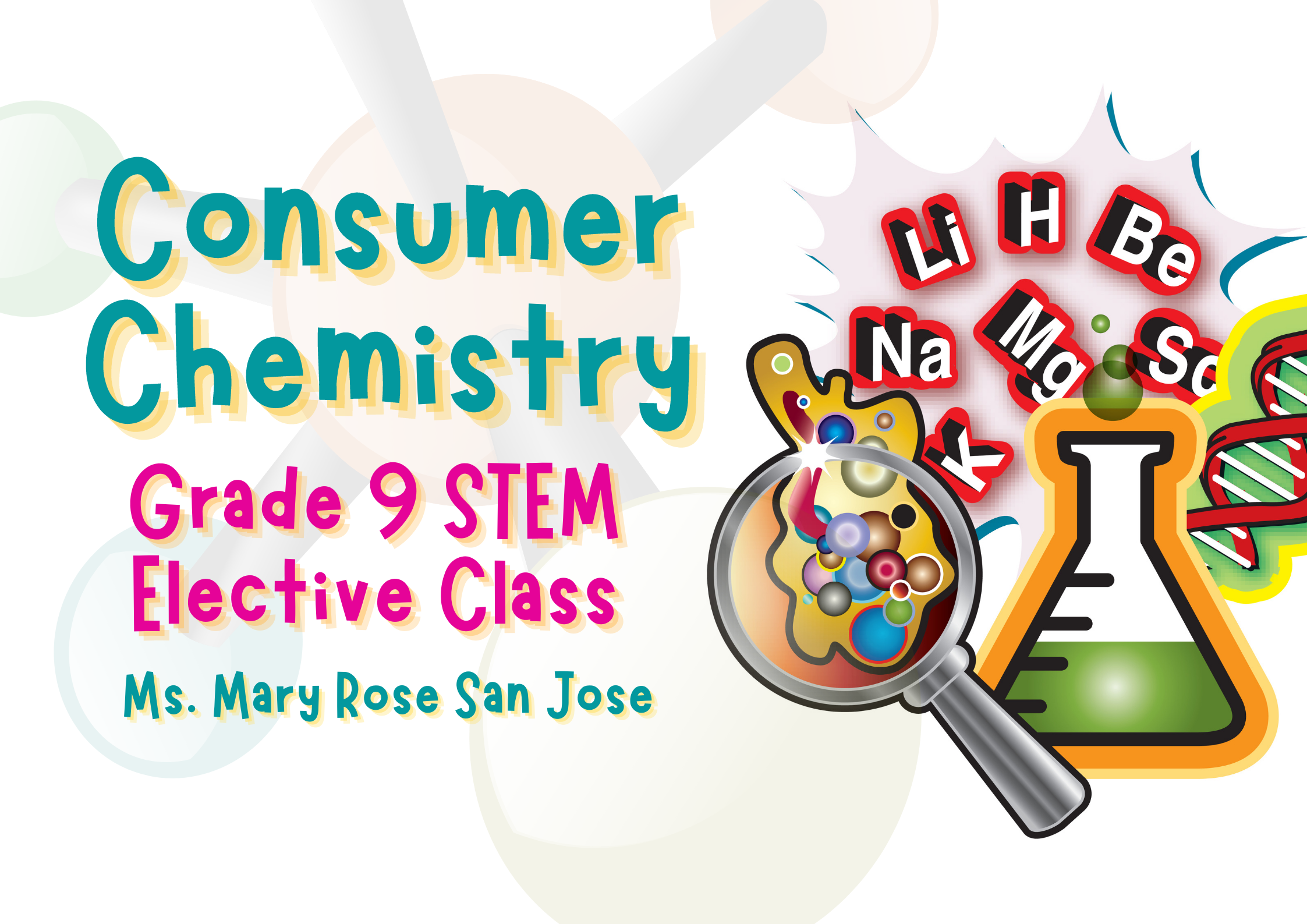
305430-Science 9
The learners demonstrate an understanding of how changes in the environment may affect species extinction .
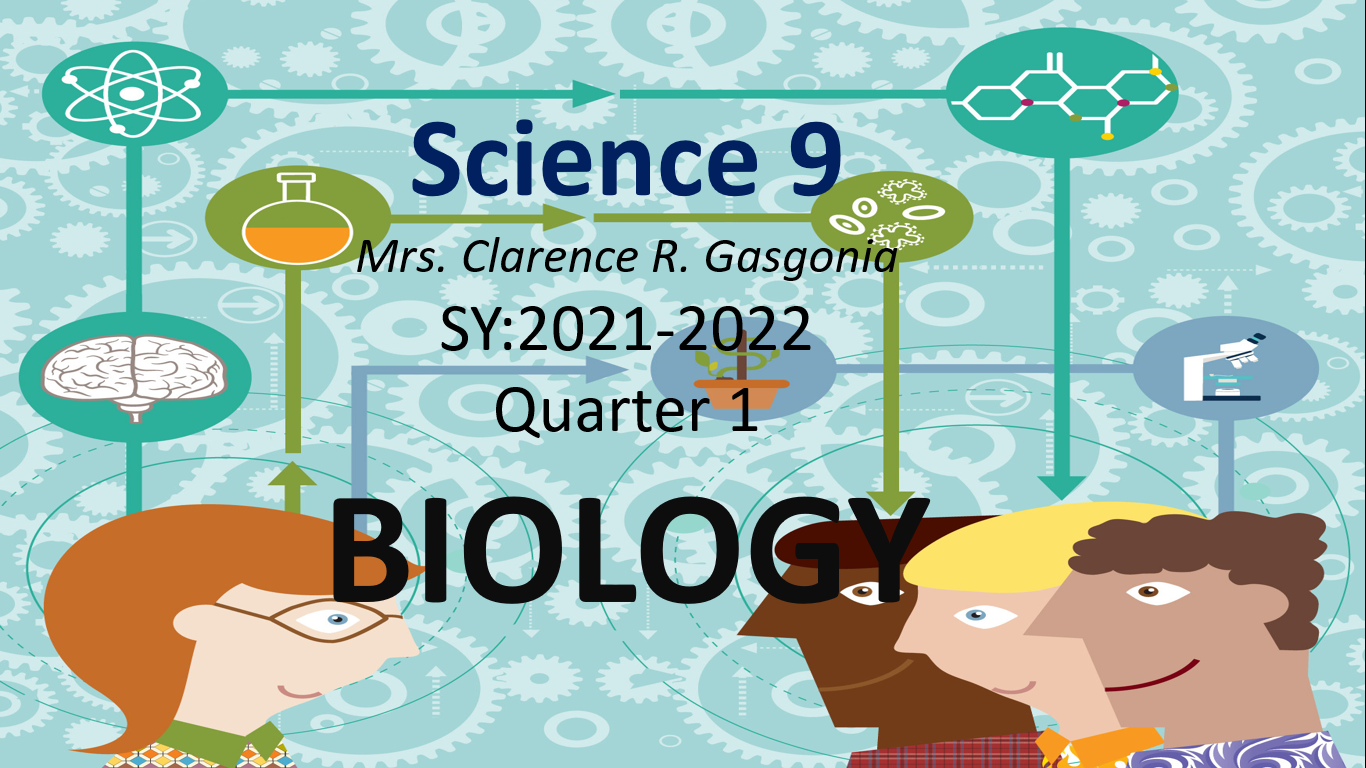
305430 Grade 9 Science
At the end of the school year, Grade 9 learners will gain deeper understanding of the digestive, respiratory, and circulatory systems to promote overall health. They will be familiar with some technologies that introduce desired traits in economically important plants and animals. Learners can explain how new materials are formed when atoms are rearranged. They will recognize that a wide variety of useful compounds may arise from such rearrangements. Learners can identify volcanoes and distinguish between active and inactive ones. They can explain how energy from volcanoes may be tapped for human use. They will become familiar with climatic phenomena that occur on a global scale. They can explain why certain constellations can be seen only at certain times of the year. Lastly, learners can predict the outcomes of interactions among objects in real life applying the laws of conservation of energy and momentum.
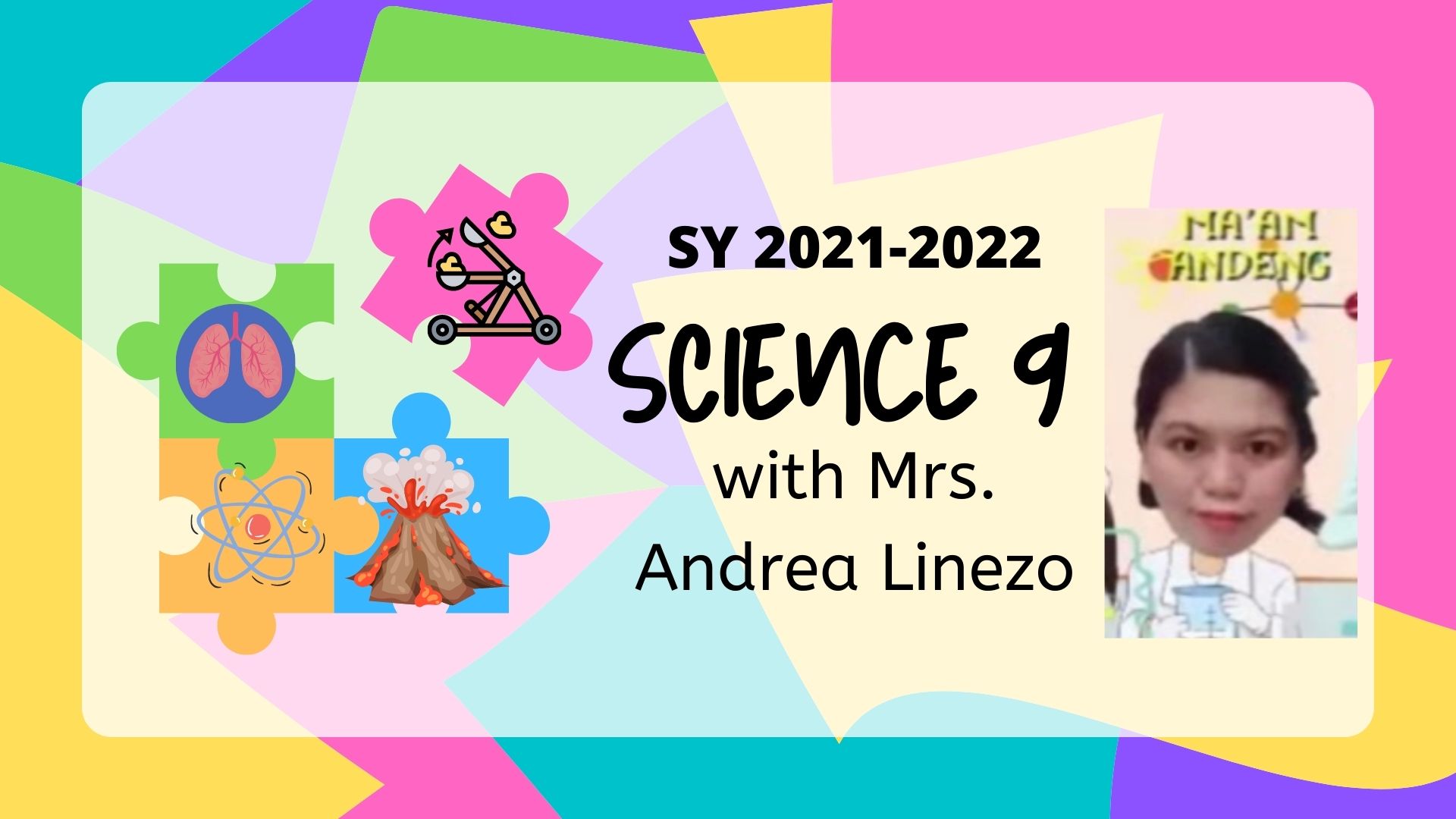
Science 9
Grade 9 Science will promote curiosity in the scientific streams of physics,
chemistry, Earth science, space science and biology through a variety of interactive and
hands-on activities.
The science course helps students to develop abilities and skills that are useful in
everyday life, encourages safe working practice and promotes effective
communication. It provides constant opportunities for students to identify valid
sources of information, work effectively as group members and use technology to
access, filter and retrieve information effectively
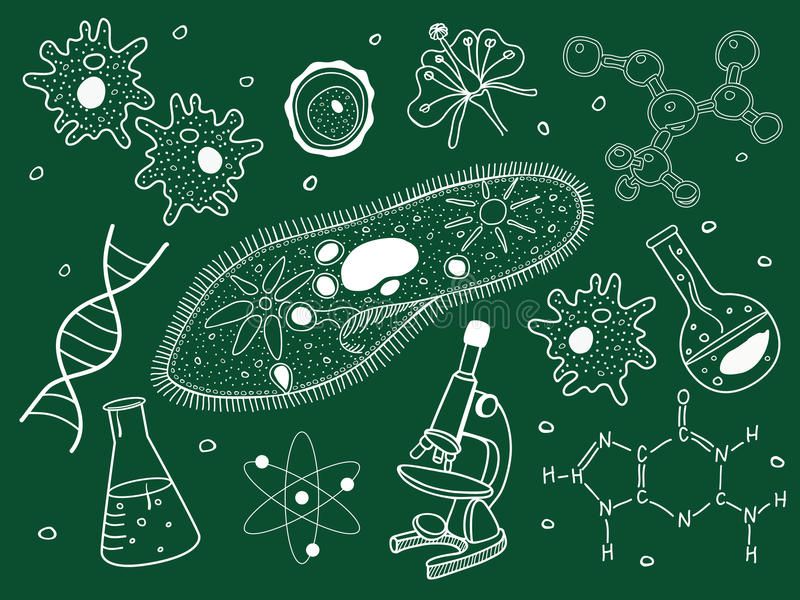
LPNHS SCIENCE 9 (FIRST QUARTER)
The learners demonstrate understanding
1. how the different structures of the circulatory and respiratory systems work together to transport oxygen-rich blood and nutrients to the different parts of the body; and
2. the prevention, detection, and treatment of diseases affecting the circulatory and respiratory systems

305430-SCIENCE Grade 9
At the end of Grade 9, learners have gained a a deeper understanding of the digestive, respiratory, and circulatory systems to promote overall
health. They have become familiar with some technologies that introduce desired traits in economically important plants and animals. Learners
can explain how new materials are formed when atoms are rearranged. They recognize that a wide variety of useful compounds may arise from
such rearrangements.
Learners can identify volcanoes and distinguish between active and inactive ones. They can explain how energy from volcanoes may be tapped
for human use. They are familiar with climatic phenomena that occur on a global scale. They can explain why certain constellations can be seen
only at certain times of the year.
Learners can predict the outcomes of interactions among objects in real life applying the laws of conservation of energy and momentum.
